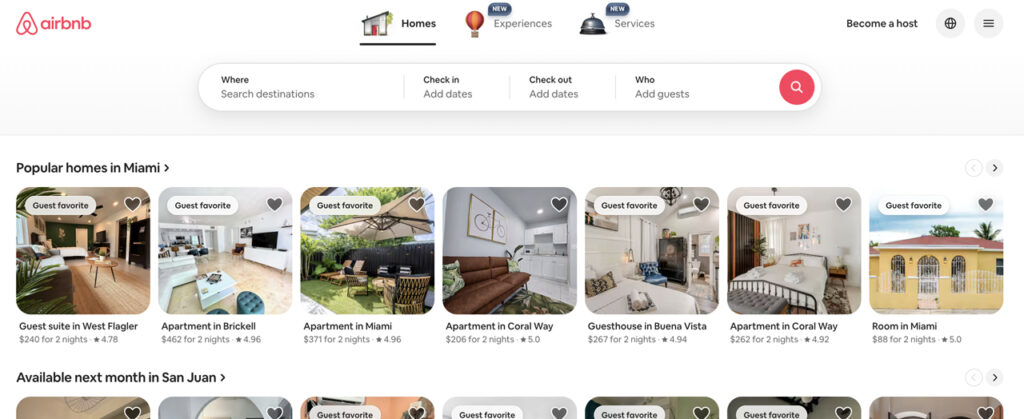
Why Google Ranking Matters How Search Engine Ranking Evolves
Why Google Ranking Matters: The Evolution of Search Engine Rankings
Ever wondered why everyone keeps talking about Google ranking? Well, it’s more than just bragging rights—it’s the key to being found online. In today’s digital world, if your website isn’t visible on Google, it might as well not exist. Search engine ranking is basically your website’s popularity contest in Google’s eyes.
검색엔진 랭킹의 의미

Search engines don’t just show information.
Google runs thousands of experiments every day to find the answers people truly want.
That’s why a high Google ranking means:
“This site shows what people really want to see.”
For example, if you search for “Barber Supply” and BarberDepots.com appears in the first position,
it’s Google officially saying, “This site is the most trustworthy.”
The result?
A surge in visitors, increased sales, and skyrocketing brand trust.
This is the true power of Google ranking.
1990s: The Era of Yahoo and AltaVista — “The Directory Wars”

In the early days of the internet, search engines weren’t as smart as they are today.
Back then, it wasn’t really “searching”—it was more like “finding.”
The leading player at the time, Yahoo!, relied on humans to categorize websites.
It was basically like a giant phonebook.
In other words, you had to submit your company’s website yourself to appear in the results.
Back then, it wasn’t keywords that mattered most—it was luck and connections 😅
Early 2000s: The Rise of Google — “The Magic of PageRank”
Then came the company that changed the world: Google.
They didn’t just gather and display websites—they started mathematically calculating “how trustworthy is this site?”
At the heart of this was the PageRank algorithm.
It interpreted links like “letters of recommendation.”
For example, if CNN linked to a site, it was basically saying, “This site is legit.”
In the end, the more links a site had, the more it was recognized as “popular,”
and that’s when the era of the “backlink wars” began.
Many companies created fake links, exchanged them, and even bought and sold them.
Of course, today Google strictly penalizes such tricks.
2010s: The Mobile & Content Era — “Content is King”

With the rise of smartphones, people’s search habits changed dramatically.
Queries like “best restaurants in Seoul,” “US visa photo size,” or even “why am I so sleepy?” became common—more natural and specific questions.
This shift changed the essence of Google ranking.
It was no longer just about links or keywords;
what truly mattered was content that genuinely helps the user.
Now, stuffing keywords won’t push a site to the top.
Instead, sites that are readable, useful, and trustworthy rise above the rest.
This is why companies like HubSpot, Neil Patel, and Moz still reign as SEO leaders.
They consistently produce content that hits the user’s intent perfectly.
2020s: AI and Google Ranking — “Search Engines Are Becoming More Human”

Now, Google doesn’t just read words—it understands meaning.
Algorithms like RankBrain, BERT, and MUM, powered by AI and machine learning, analyze search intent and even grasp context.
For example, if you type
“Recommend a good sushi place near New York,”
Google doesn’t just look for the keyword “sushi.” It considers the user’s location, review ratings, and search intent to deliver the most relevant results.
In other words, SEO today is less about keywords and more about understanding user intent.
Real-World Example:

Airbnb experienced explosive growth from the early days by focusing on local keywords and user-intent-driven SEO strategies.
For example, instead of optimizing for the generic term “accommodation,” they targeted highly specific searches like “romantic stay near the Eiffel Tower in Paris.” As a result, even a simple Google search for “Paris stay” puts Airbnb at the top of the results.
Conclusion:
Search engine ranking is no longer just a technical trick—it’s proof of trust.
Achieving the top spot on Google is not about luck; it’s the result of a brand’s philosophy and the sincerity embedded in its content.
Today, Google ranking serves as a mirror, reflecting how much the world trusts your business.
No Comments
Sorry, the comment form is closed at this time.

